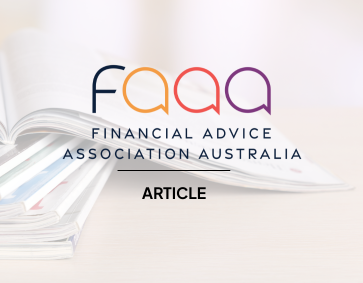The US economy is likely to fall into recession by the first quarter of 2024, with the rapid pace of interest rate rises stopping the world's biggest economy from falling into a soft landing, with a hard landing far more likely, according to American Century Investments co-CIO of global fixed income, Charles Tan.
While some economists believe the US is headed for a gradual economic slowdown, Mr Tan is not convinced, and he expects a hard landing by spring-time in the US. Soft landings, he says, are rare and the current economic conditions suggest a contraction in economic growth is far more likely than simply a slowing.
“We think a recession seems more likely. We think a soft landing is a longshot; importantly, the key drivers of prior soft landings for the US economy are absent today. Instead, American Century believes the opposite conditions exist. We believe pressures from the rapid pace of rate rises and the prior spike in inflation along with other factors may trigger a recession by spring in the US,” said Mr Tan.
The US Federal Reserve has completed 12 tightening cycles since 1960. Only four ended in soft landings and when this happened, the US Federal Reserve adopted only a modest pace of rate tightening cycles and in conditions and inflation did not spike up. In addition, banks eased lending standards.
However, none of these conditions exist today. “The US Federal Reserve raised interest rates at a record pace of 5.25 percentage points from March 2022 through to July 2023, with inflation having spiked sharply. Headline inflation surged from 1.7 per cent in February 2021 to 9.1 per cent just 16 months later. In addition, banks tightened their lending standards for all consumer and business loans in 2023.
“All of this makes recession in the US more likely than a soft landing, which will have deep ramifications for the world’s largest economy, which will also weigh on global economic growth,” he said.
As spending subsides and the economy broadly weakens, Mr Tan expects the job market to slow considerably, which should lead to a further slowdown in the US inflation rate and possibly deflation in certain sectors. Against this backdrop, the bond yield curve should move lower.
“Gross domestic product (GDP) is likely to decline across the US economy for multiple quarters and we expect that the unemployment rate will rise meaningfully. The US Fed is likely to respond to contracting economic growth by cutting interest rates,” he said.
Given the outlook for recession, Mr Tan emphasises the importance of allocating to higher-quality equities and fixed-income securities. Stocks of quality companies in defensive sectors like utilities, healthcare and consumer staples tend to be more resilient as well as quality companies with competitive advantages.
“Regardless of the economic backdrop, people still need electricity, healthcare, food and other staples. In addition, companies with market-leading products and services may overcome adverse conditions better than their competitors,” Mr Tan said.
He also expects long-dated bonds and high-quality corporate and securitised bonds to perform relatively well. “As interest rates decline, bonds with longer durations may reap greater price appreciation than shorter-duration securities. High-quality bonds may provide income benefits and a potential cushion against the volatility that often accompanies economic downturns,” Mr Tan said.












